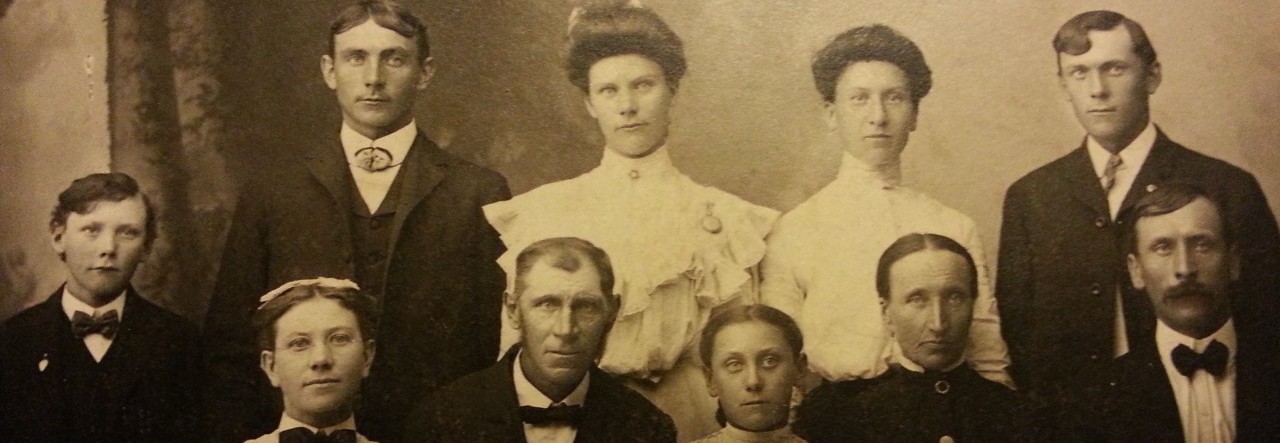So what do you do?
One principle that Elizabeth Shown Mills has created is called the FAN principle, or the FAN club, or cluster research. FAN stands for friends, associates, and neighbors, and the acronym makes it easier to remember, so I prefer that name. The idea here is to broaden your research scope to those whom your ancestor associated with on a daily basis. Who were his neighbors? Were they always his neighbors? Using census records, were there any families that moved with him or stayed nearby? Whom did he sell land to? Or buy land from? What about church associates? Colleagues? His children’s spouse’s family? Who were the witnesses to his marriage(s) or baptisms for his children? Did his children ever live with other people before getting married?
This goes beyond just searching for those with the same surname in the county and surrounding counties of your ancestor (but that is also a good idea)! It gives you a much wider picture of your ancestor’s life. The FAN principle is also EXCELLENT when documents you want/need have been destroyed or just don’t seem to exist. By using indirect and negative evidence like this, you can come up with a soundly researched, coherently written conclusion for a proof argument.
For more reading on using this principle, check out these resources:
- QuickLesson 11: Identity Problems and the Fan Principle by Elizabeth Shown Mills
- Applying the FAN Club Principle – Bernie Gracy Videos posted by Randy Seaver on Geneamusings (includes links to videos!)
Have you used the FAN principle before? Leave comments/questions below about your experience!
Happy hunting!


![By not mentioned [FAL], via Wikimedia Commons](https://i0.wp.com/www.copperleafgenealogy.com/wp-content/uploads/2015/06/Background_brick_wall-e1433273381809.jpg?resize=500%2C331)